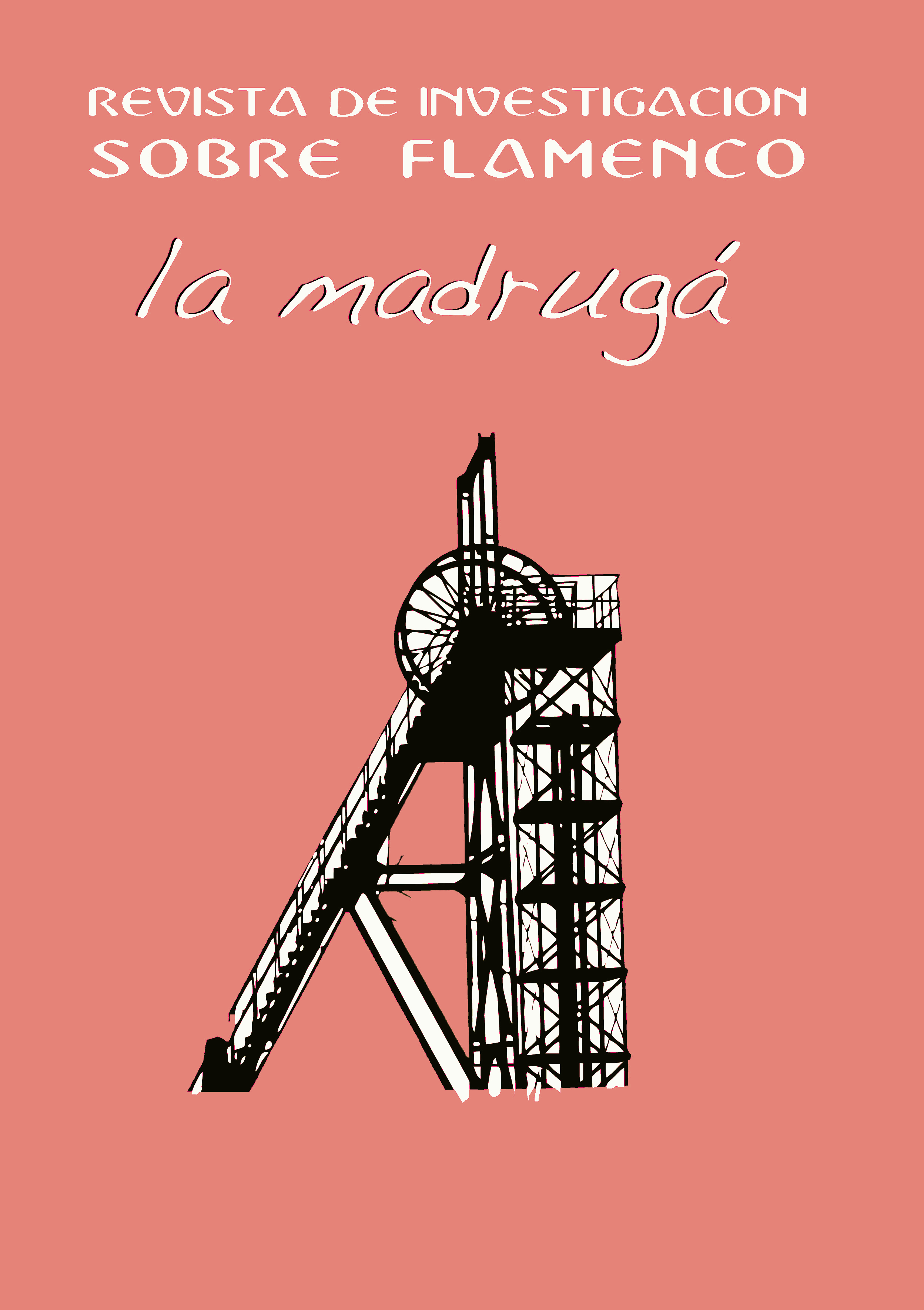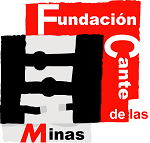Huellas “orientales” en la vida y el cante del Chozas de Jerez: análisis contrastante con el haiku y el zen
Abstract
This research paper seeks to identify -should they exist- the «oriental monk» features that would validate the use of that sobriquet to describe Juan José Vargas Vargas’s life and singing. Better known as «el Chozas», this unconventional cantaor managed to enter the history of flamenco even though he was not a professional singer. By analyzing both his lifestyle and his singular way of writing lyrics and by comparing his idiosyncrasy with the precepts of Zen Buddhism and the theoretical principles of Japanese haiku, we shall be able to answer the following question: were those who either ironically or admiratively called «the oriental monk» right?
Downloads
- 19-01-2024 (5)
- 19-01-2024 (4)
- 19-01-2024 (3)
- 03-01-2024 (2)
- 27-12-2023 (1)
Las obras que se publican en esta revista están sujetas a los siguientes términos:
1. El Servicio de Publicaciones de la Universidad de Murcia (la editorial) conserva los derechos patrimoniales (copyright) de las obras publicadas, y favorece y permite la reutilización de las mismas bajo la licencia de uso indicada en el punto 2.
2. Las obras se publican en la edición electrónica de la revista bajo una licencia Creative Commons Reconocimiento-NoComercial-SinObraDerivada 3.0 España (texto legal). Se pueden copiar, usar, difundir, transmitir y exponer públicamente, siempre que: i) se cite la autoría y la fuente original de su publicación (revista, editorial y URL de la obra); ii) no se usen para fines comerciales; iii) se mencione la existencia y especificaciones de esta licencia de uso.
3. Condiciones de auto-archivo. Se permite y se anima a los autores a difundir electrónicamente las versiones pre-print (versión antes de ser evaluada) y/o post-print (versión evaluada y aceptada para su publicación) de sus obras antes de su publicación, ya que favorece su circulación y difusión más temprana y con ello un posible aumento en su citación y alcance entre la comunidad académica. Color RoMEO: verde.









